Violence is a part of everyday life for some LGBT Muslims, and not only the type of physical violence doled out on the streets by extremist religious patrols, stirring up homophobic hatred. There’s also the psychological violence: forced marriage as a means of avoiding family shame, is just one example.
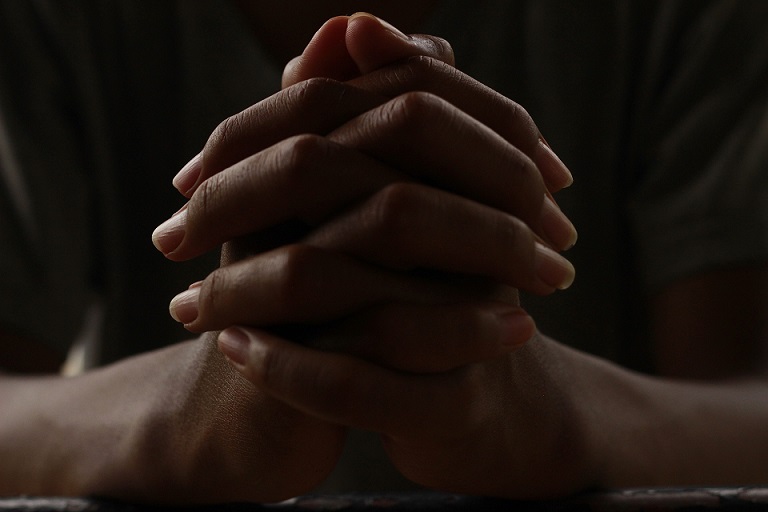 Noelia Ceballos Terrén
Noelia Ceballos Terrén
When a 15 year old girl approached a teacher to discuss the doubts she had about her sexuality she received scorn instead of support. The teacher told her outright; “there are no gay people here”, and went on to say she would “burn in hell” should she live her life as a lesbian. This happened to a young Muslim girl at an East London state school in 2008, reported Johann Hari for the Independent. Islam is one more religion to reject homosexuality, along with Christianity and Judaism. It’s a major concern for thousands of LGBT Muslims: to be rejected by your own community under the pretext that the Qur’an condemns such ‘sins’.
As is the case with other religions, a fundamentalist reading of sacred texts can lead some followers to intolerance. An intolerance that can be dangerous when put into practice.
In one high profile case, Muslim patrols carried out violent attacks on gay men in east London. In autumn 2010, residents awoke to stickers posted in the neighbourhood announcing the area to be a “gay free zone”. Some even carried warnings: “Fear Allah: he is severe in punishment”.
Johann Hari reported that a young man had been attacked by a gang of Muslims as he left a gay pub. He was punched eight times. When his attacker was convicted two years later a new, thirty-strong gang returned to the pub, attacking its customers.
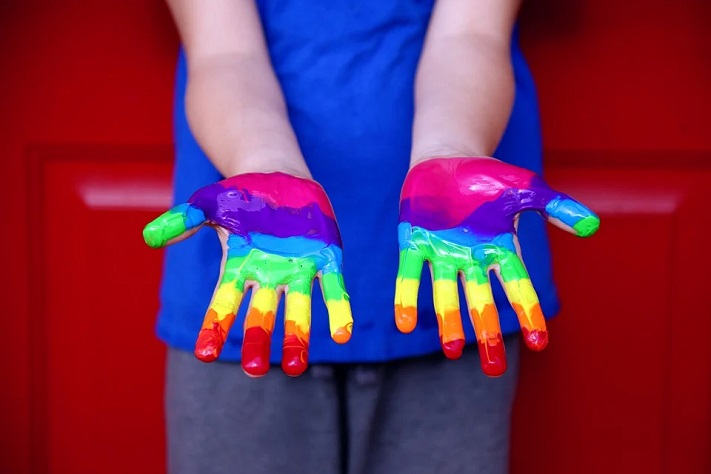 Gay in secret
Gay in secret
Physical violence is just one of the manifestations of religious homophobia.
Social and psychological oppression is widespread and can have even more negative outcomes. A loss of confidence together with feelings of shame and fear can, in extreme cases, lead to suicide.
In their own communities LGBT Muslims encounter a mentality not uncommon in other sectors of British society: that homosexuality is an immoral act, and an object of ridicule. Such views, based on a reading of the Qur’an prohibiting sexual acts between two men, are regularly aired in mosques. There is no reference to love shared between members of the same sex in the Qur’an, but in spite of that, any Muslim who questions his or her sexuality can expect pressures from their religious leader based on the consequences of a life ‘lived in sin’.
Many Muslims who choose to reveal their sexuality in public face rejection, not only from their faith, but also their families.
Speaking to the BBC, Annie Southerst who works for the Albert Kennedy Trust described how she had seen cases of people “being chased out of their homes with knives”.
Such reactions are caused by fear: families are fearful they will be rejected by their own communities if one of their family members is gay.
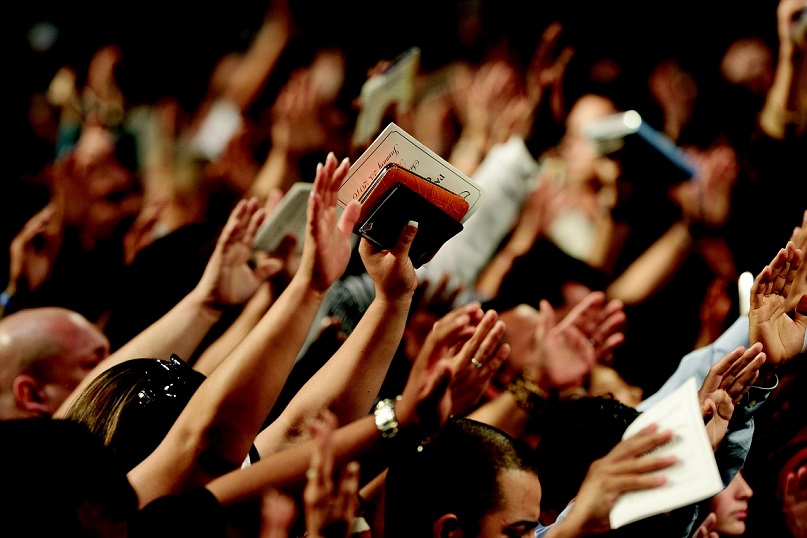 Forced marriage
Forced marriage
But rather than reach these extremes, some families force their sons or daughters to marry someone of the opposite sex, in an attempt to ‘modify’ their sexuality. The practice is illegal in England, and as so much happens behind closed doors it’s difficult to calculate the extent of the problem. In 2013 the Forced Marriage Unit uncovered 1302 forced marriages: of those, 43% involved Pakistanis and in twelve cases it was thought that the victims were LGBT Muslims. Trips overseas to visit families are often used as a cover to force individuals into marriage. Resisting the marriage could result in the person being held captive, subjected to physical and psychological abuse by their own families.
Suni, a gay man in his twenties, had this experience when he was visiting Pakistan with his parents in 2008. He told the BBC how his parents were suspicious of his sexuality and believed he could be ‘cured’ by getting married. When he refused, he was locked in the house, frequently assaulted, and accused of having brought shame to the family.
Maya is another survivor: she managed to escape from a forced marriage she was pushed into when her father and uncles discovered she was a lesbian.
Forced Marriage published her statement: “My forced marriage has ruined several lives. I don’t speak to my family anymore; I miss my brothers and sisters, and my mother above all. When my father and uncles found out I was a lesbian I thought I would die, I thought they would kill me.
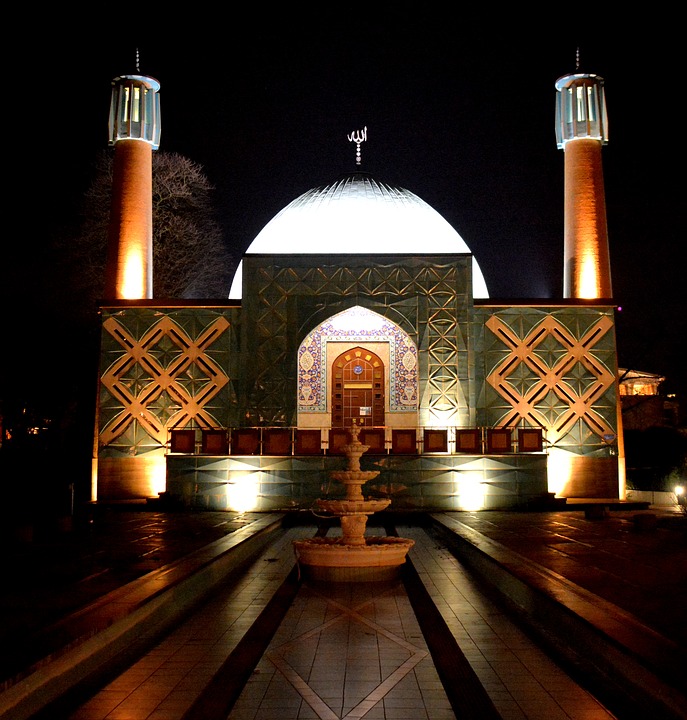 Being forced into marriage is like being sold off to be raped”.
Being forced into marriage is like being sold off to be raped”.
A tolerant Islam
A 2009 report from Gallup and the Coexist Foundation found that of the Muslims surveyed, absolutely 0% considered homosexuality to be ‘morally acceptable’.
Such a figure may lead to a view of all Muslims as being radical and intolerant, but the same study also found that 99% of Muslims opposed any form of violence.
Researchers carried out another survey in Birmingham the same year, highlighting quite different viewpoints. 98% of Muslims would be accepting if they found out their child was gay. Just 3% of interviewees believed gay people ‘should be punished’. Religious dogma can be called into question when believers coexist with those their religion brands ‘sinners’. The attitudes of Muslims towards gay people are not, commonly, as radical as those preached by certain imams.
Stonewall, an organization dedicated to the rights of the LGBT community, released a study entitled Love Thy Neighbour, with statements from people of different religions showing that hatred towards the gay community is exaggerated by religious leaders themselves, along with the media.
Amir, who took part in the study, said: “It’s not an issue for me, judging someone on the basis of their sexuality is the same as judging them based on the colour of their skin. It’s unacceptable”.
A YouGov poll showed that 73% of Muslim students believed their parents’ views were much stricter than theirs were. Just as in other religions, Muslim boys learn from an early age that being gay isn’t ‘normal’ or acceptable.
The same level of homophobia can be seen in schools as in wider society.
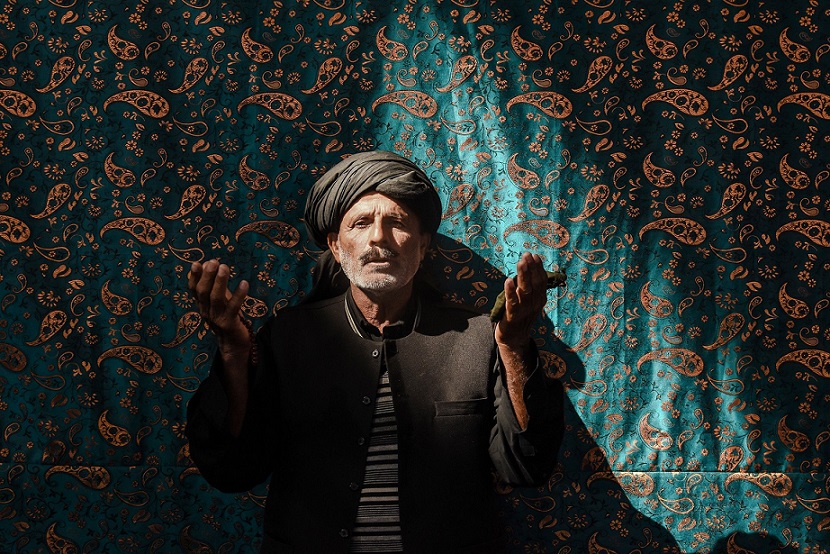 Mosques for everyone
Mosques for everyone
Although they’re a minority in the UK, LGBT Muslims now have a place they can go to pray without fear of prejudice or reprisals.
The Inclusive Mosque Initiative in north London is the first mosque to welcome Muslims regardless of their sexuality, and the first not to discriminate against women during prayer. The organisation isn’t a representative for gay Muslims, but its open and tolerant principles are based on the belief that sexuality is a private matter, between a Muslim and Allah. There are also some supportive imams amongst the wider Muslim community. They may be few and far between, and are often hidden, but there are religious leaders in the UK who do not emphatically oppose homosexuality.
And there’s proof. Although the majority of the Muslim community oppose same-sex marriage, some couples have entered into nikkah – the Muslim marriage contract – a ceremony that should be carried out by an imam.
Muslim pro-gay activist Ibrahim Ismail talked about the weddings in an interview with the BBC. He explained it would be impossible to say how many had taken place, given the huge amount of secrecy surrounding the issue. Sadly, it would seem that acceptance of the LGBT community is some way off.
(Translated by Claudia Rennie – Email: claudiarennie@gmail.com) – Photos: Pixabay












.jpg)












